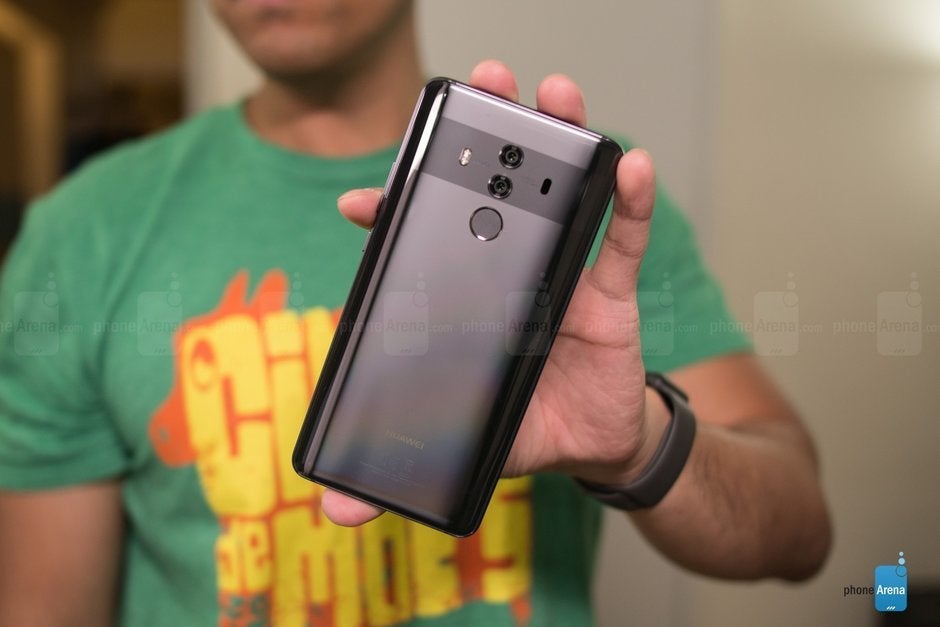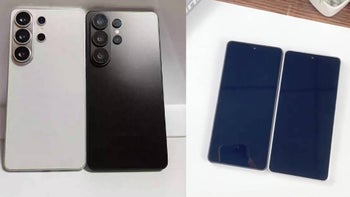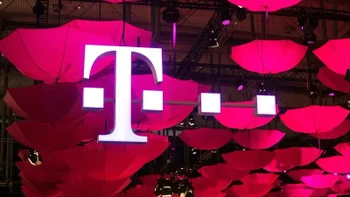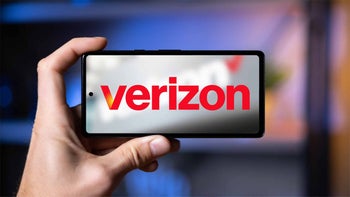Trump takes first step toward U.S. ban on Huawei products

The U.S. has warned its allies not to source 5G networking equipment from Huawei. The company, already considered a threat to U.S. national security, is the global leader in networking gear and is currently the second largest smartphone manufacturer in the world. U.S. lawmakers are concerned because, under China's communist regime, Huawei could be called upon to gather intelligence from consumers and corporations around the world.
In the past, Huawei has denied that it spies for the Chinese government and earlier this year company chairman Liang Hua said that if asked to spy by the government, he would defy them. Reuters reports today that Liang says that he is willing to sign a "no-spy" agreement with governments to make sure that its equipment is safe for countries to deploy. The comments are not only aimed at the U.S. but also at the U.K. as Britain decides how wide a berth it will allow Huawei in the country. A British government spokesman said today that the country has "strict controls" over how Huawei equipment is used. The British government will soon make a decision about Huawei's networking gear and all carriers in the country will have to abide by the decision.
As this article was being written, CNBC reported that President Donald Trump had signed an executive order declaring a national emergency over threats to U.S. technology. While the order does not mention Huawei specifically, Trump is expected to follow up this executive order by declaring an outright ban on Huawei products in the U.S. FCC chairman Ajit Pai, appointed to his position by Trump, said the president's move is a "significant step toward securing America’s networks."
"(The administration will) protect America from foreign adversaries who are actively and increasingly creating and exploiting vulnerabilities in information and communications technology infrastructure and services in the United States."-Sarah Huckabee Sanders, Press Secretary
The executive order gives Commerce Secretary Wilbur Ross, after consulting with other officials, the ability to block transactions involving communications or information technology that "poses an unacceptable risk to the national security of the United States."
Trump's executive order comes in the midst of the U.S.-China trade war
U.S. government workers are banned from using a Huawei phone and the company's devices are not allowed to be sold on U.S. military bases. In January 2018, Verizon and AT&T suddenly decided against carrying the Huawei Mate 10 Pro after announcing that they were going to offer the device to its subscribers. There is speculation that the U.S. government pressured the pair not to carry the phone. Last month, New York-based retailer B&H Photo took pre-orders on the Latin American variant of the Huawei P30 Pro, offering a one-year warranty to U.S. buyers.

The U.S. government reportedly blocked Verizon and AT&T from carrying the Huawei Mate 10 Pro
Trump's executive order comes as the U.S. and China are embroiled in a major trade war that has both sides imposing tariffs on imports from each other. While smartphones are not yet included in a large number of products from China that are being taxed, if the president escalates the trade war, the next group of products to be taxed will include smartphones. At that point, manufacturers will have to decide whether to raise their prices or eat the extra cost of the tax. One analyst, Katy Huberty of Morgan Stanley, says that Apple will have to raise the price of the iPhone XR by $160 if the tariff is imposed on the device. Presently, cases for the iPhone and iPad are being taxed, but Apple has not raised prices of these accessories. In other words, the tariff cuts into Apple's profit for those products.
Follow us on Google News














Things that are NOT allowed:
To help keep our community safe and free from spam, we apply temporary limits to newly created accounts: